At least one hurdle to China-based augmented reality startup Nreal going mainstream in the United States may be about to be knocked down, thanks to behind the scenes legal movements Next Reality has uncovered.
Back in January, Epic Games filed a legal action to stop Nreal from using the "Nreal" name, primarily in a bid to protect its brand, Unreal Engine, from being confused with the Chinese startup in any way. Well, that situation has taken a new turn.
For those who haven't been following along, late last year, Epic Games entered an opposition filing with the US Patent and Trademark Office to Nreal's attempt to trademark its name in the US.
Specifically, the filing stated, "'NREAL' and 'UNREAL' are highly similar from a visual perspective. The only difference in spelling—that the Applicant's Mark lacks a single vowel contained in Opposer's UNREAL Marks—does not sufficiently distinguish the appearance of the Applicant's Mark from that of Opposer's UNREAL Marks."
The claim is significant in that the Unreal Engine facilitates the creation of augmented reality experiences and games for many developers, so the idea that there might be some confusion in the AR space isn't, well, unrealistic.
Now, it turns out that in a filing entered in August, Epic Games asked that the process be suspended for two months (until October) while the two companies attempted to work things out directly via a settlement.
"The parties are actively engaged in negotiations for the settlement of this matter," reads the document filed with the patent office. "Epic Games, Inc. requests that this proceeding be suspended for 60 days to allow the parties to continue their settlement efforts."
Proceedings were slated to resume on October 14, but then, on October 17, Nreal (aka Hangzhou Tairuo Technology Co., Ltd.) filed and was granted its own postponement for three months while the two companies continue to attempt to work things out without the involvement of the Trademark Trial and Appeal Board.
Of course, this doesn't mean that the matter is settled (or will be), but now that the two companies are working behind the scenes, a settlement of some sort now seems likely, assuming Epic Games is satisfied with the potential settlement.
Meanwhile, Nreal's legal case involving Magic Leap, in which the Florida-based company accused Nreal's founder of stealing company secrets, is set to move forward in January 2020, when Magic Leap and Nreal will meet in court to discuss the case.
Cover image via Nreal/Instagram







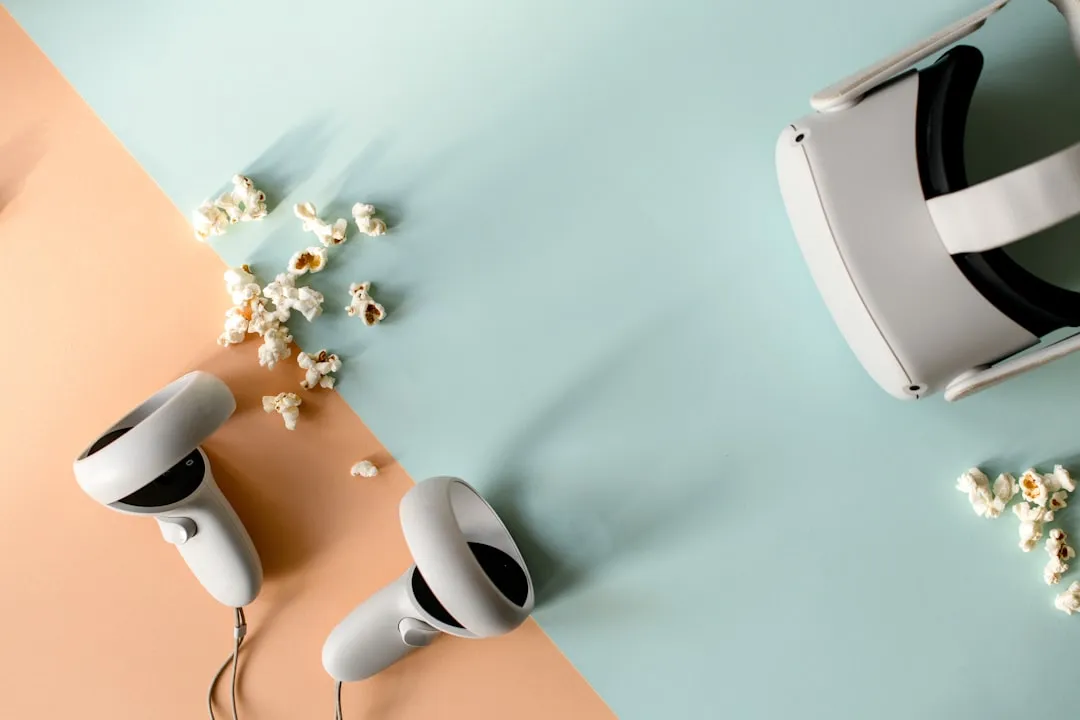
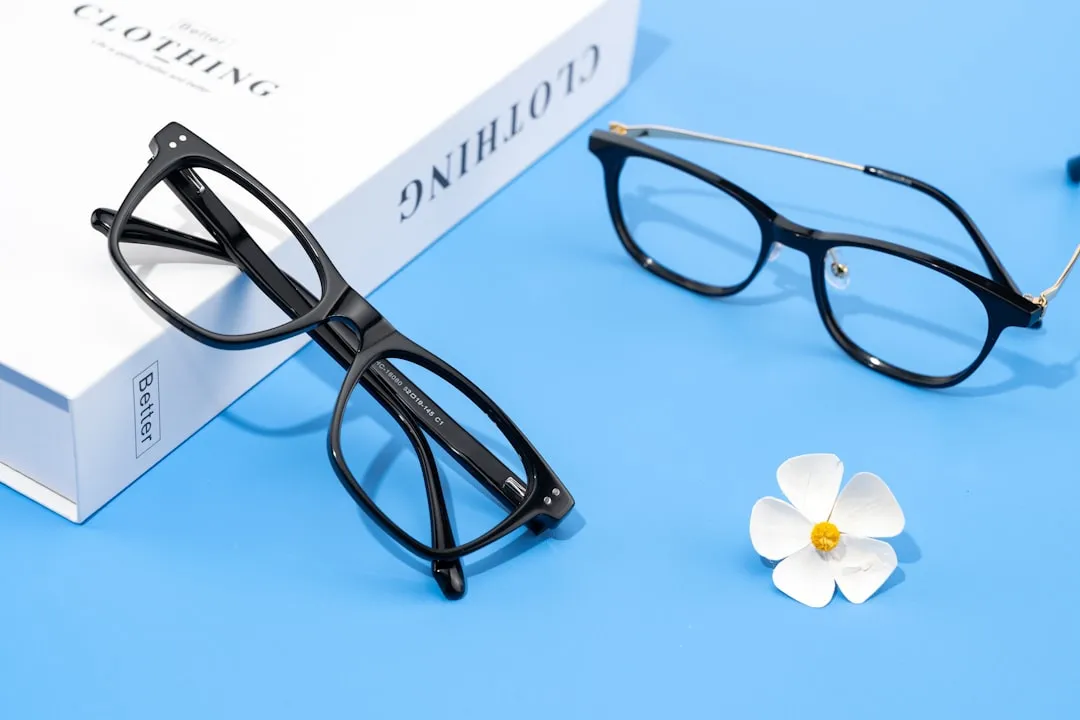


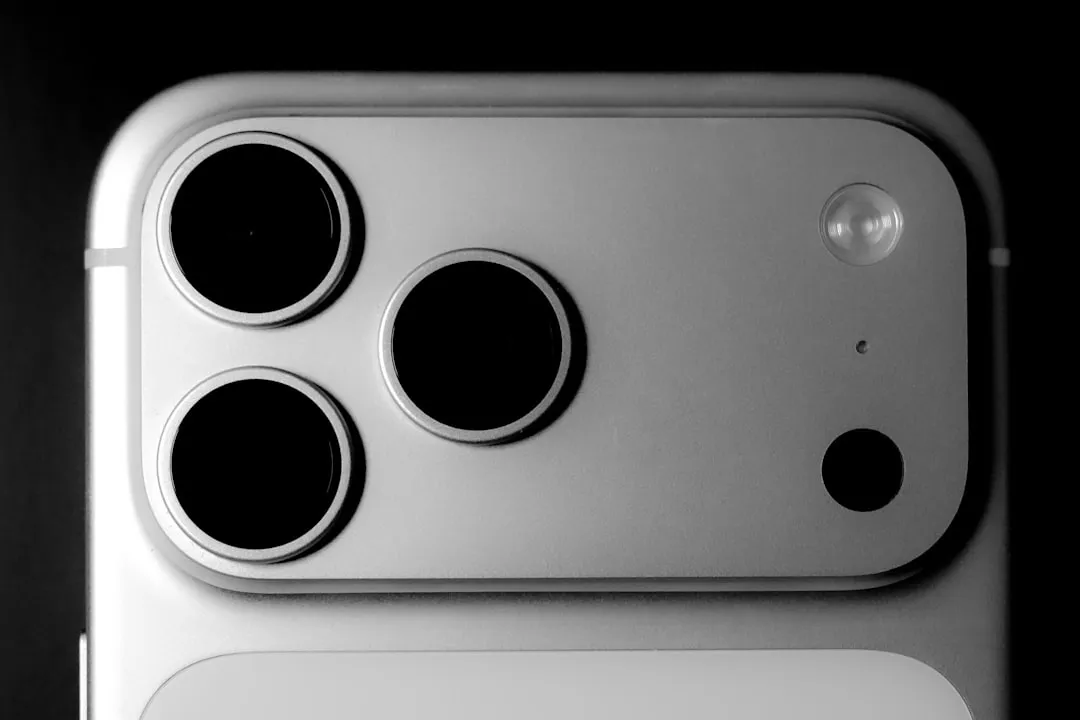
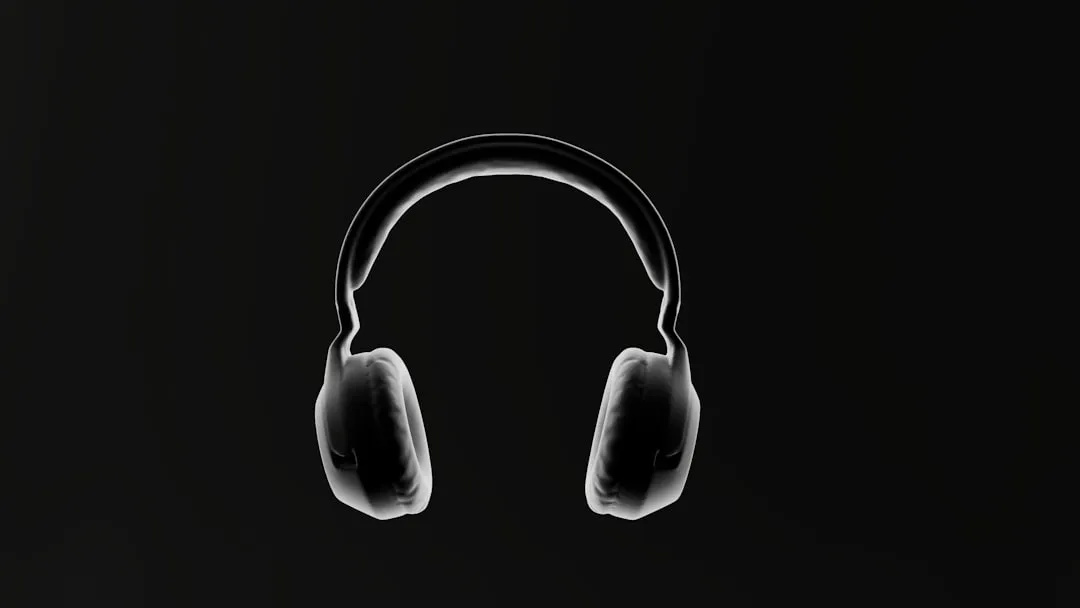
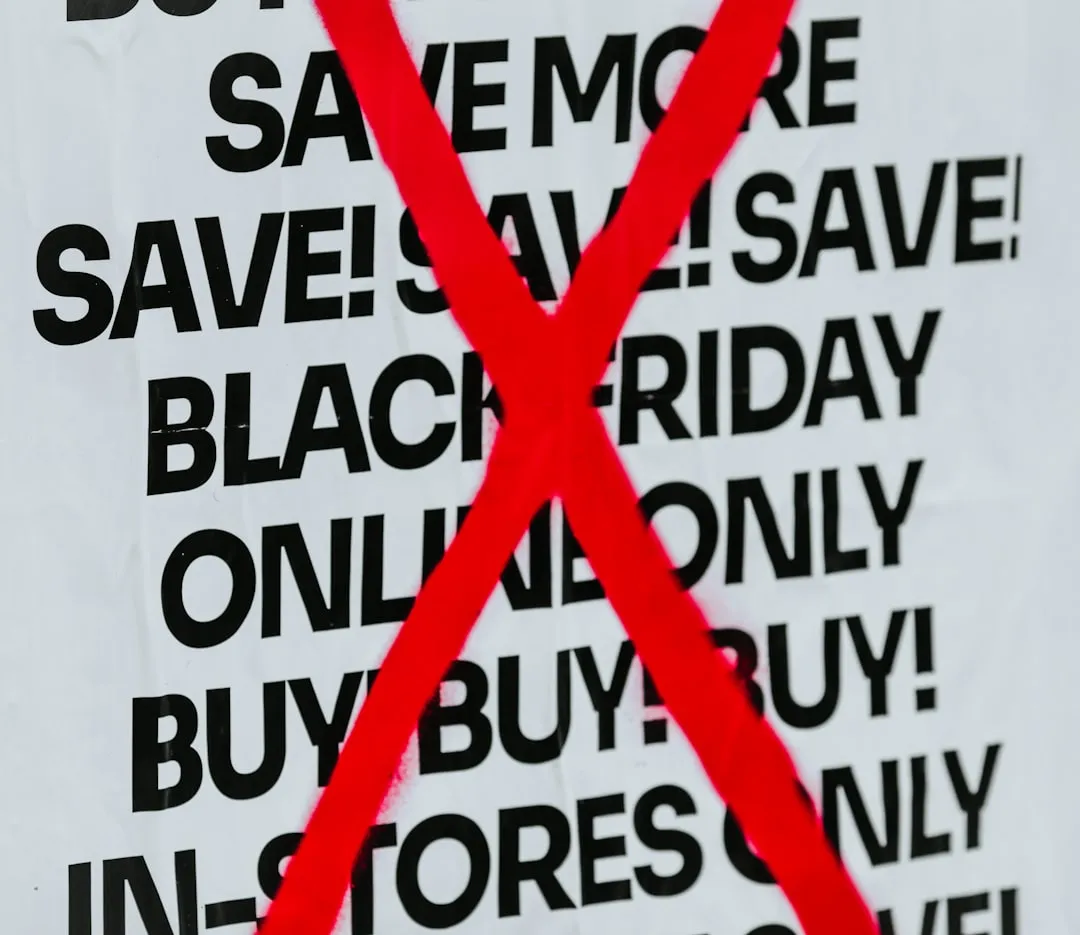
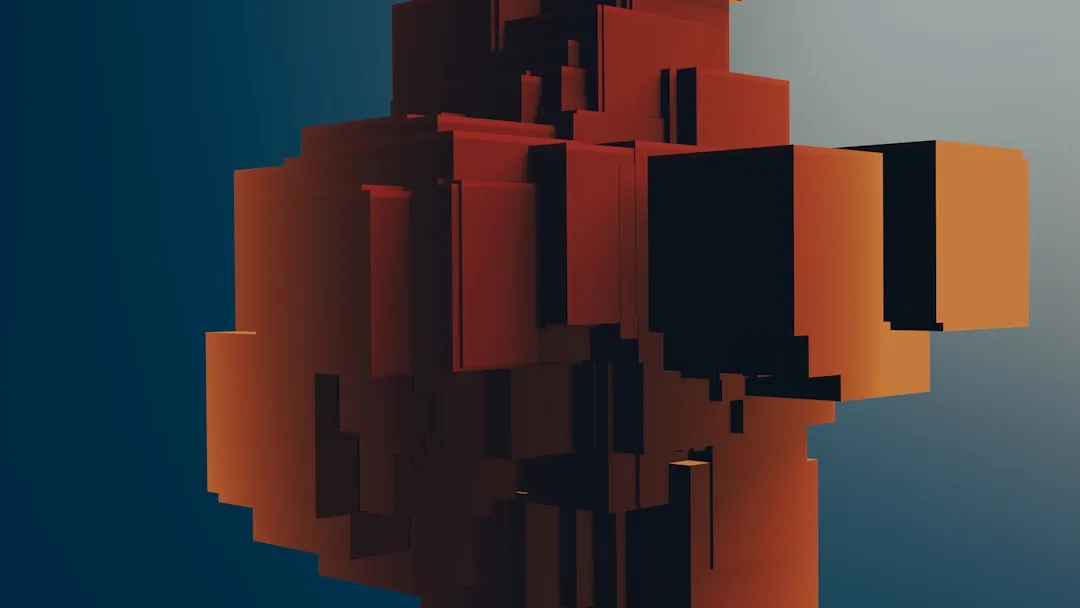
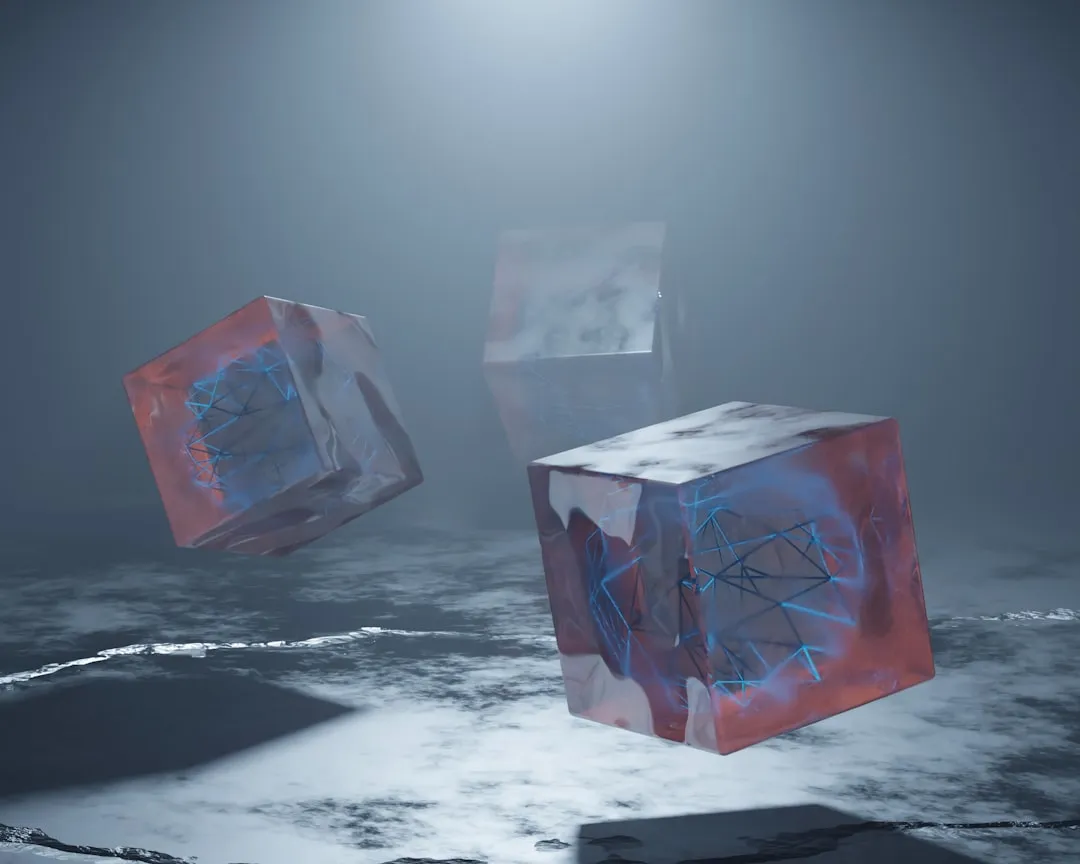
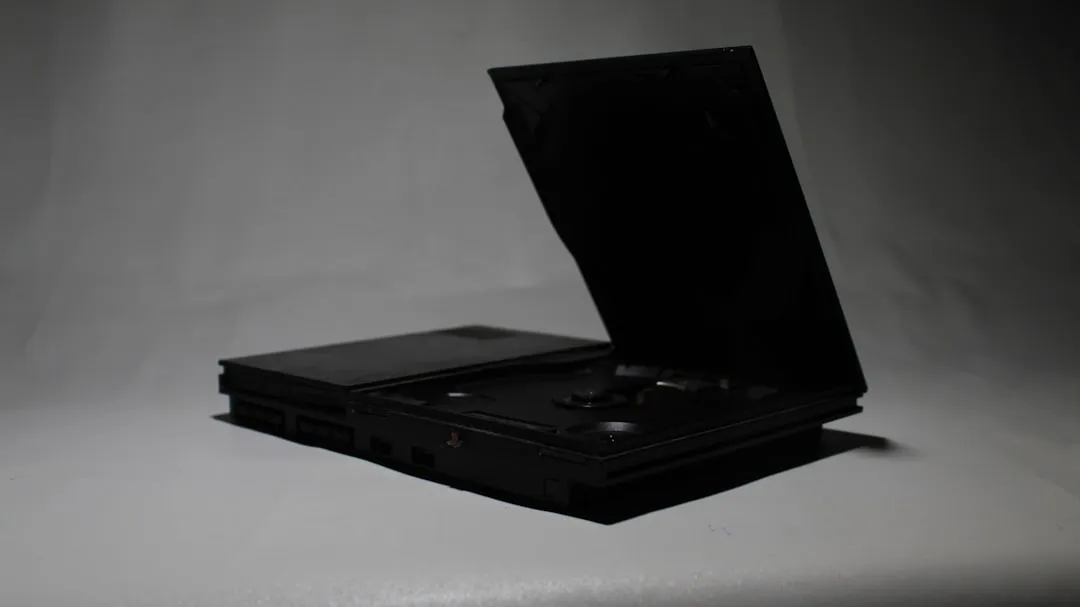








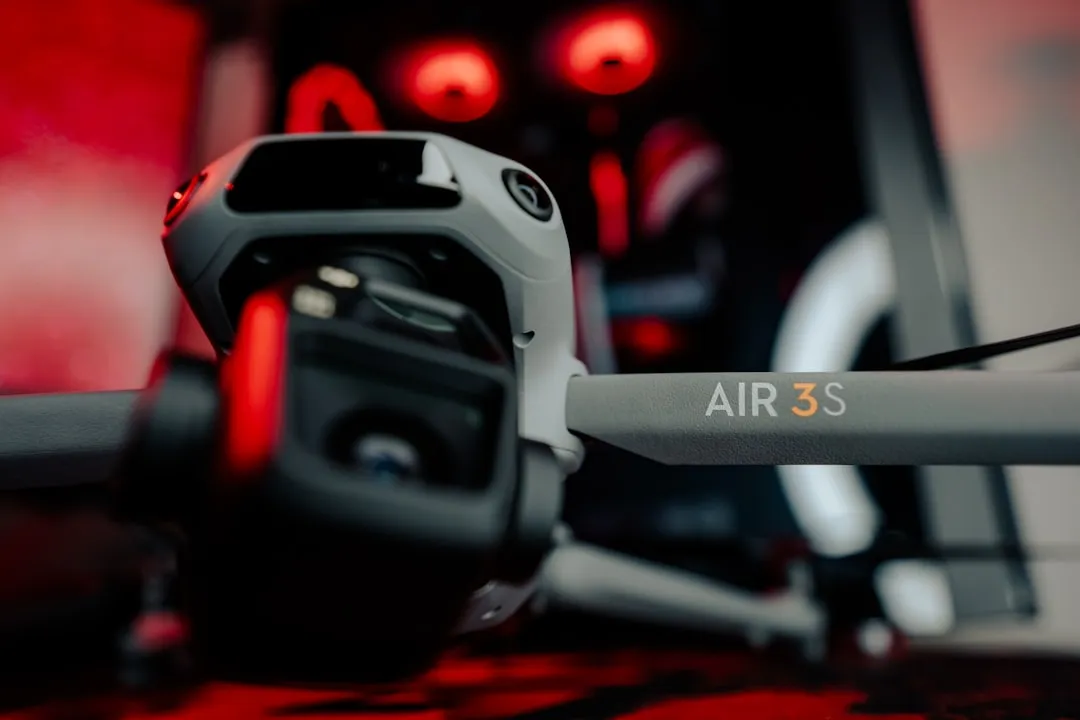
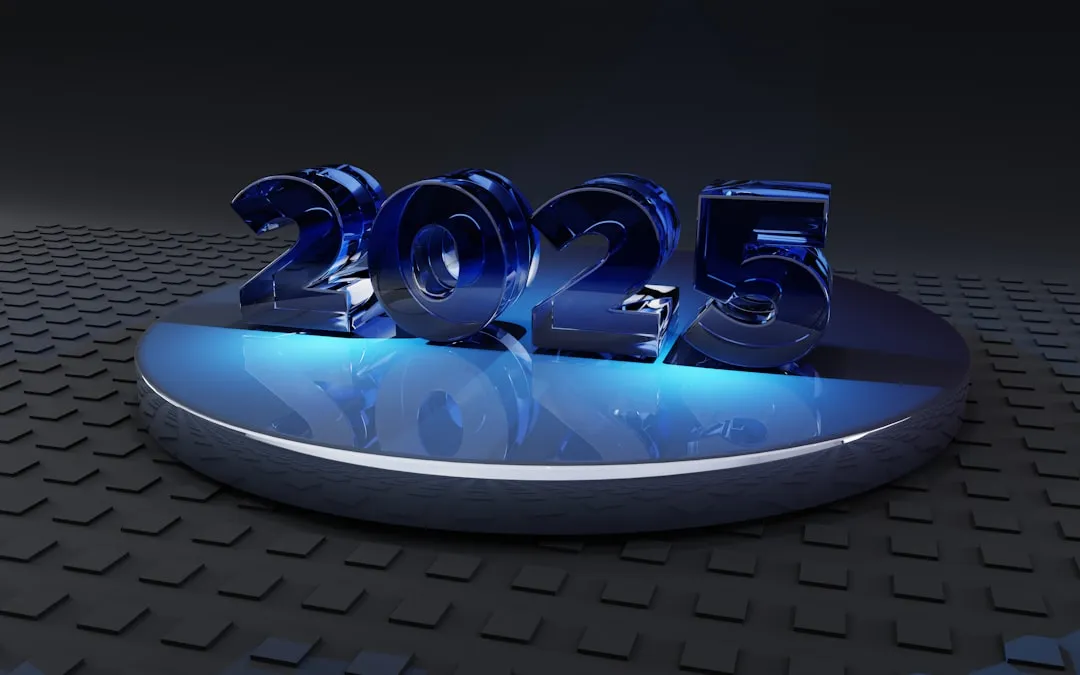
Comments
Be the first, drop a comment!